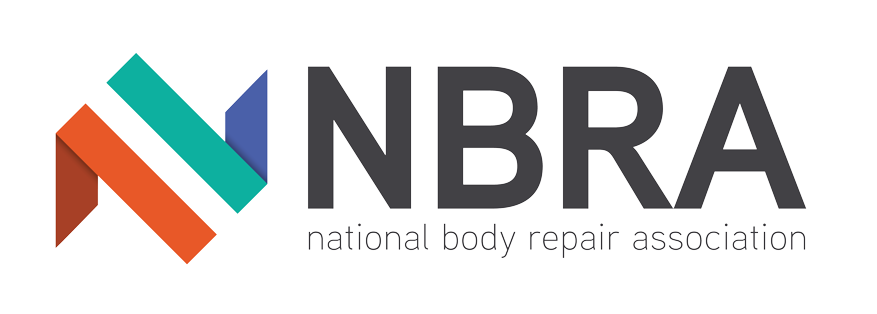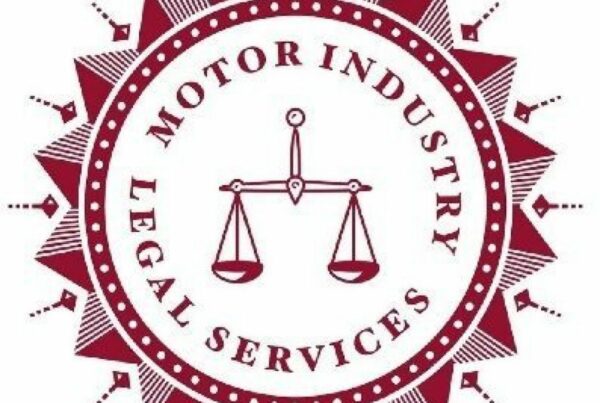
In R (on the application of ASLEF and ors) v Secretary of State for Business and Trade, the High Court has upheld a judicial review to the revocation of Reg 7 of the Conduct of Employment Agencies and Employment Businesses Regulations 2003, which prohibited employment businesses from supplying temporary workers to cover the work of those taking part in official industrial action.
The Court found that The Secretary of State failed to comply with his duty under S.12(2) of the Employment Agencies Act 1973 to undertake consultation before making the Conduct of Employment Agencies and Employment Businesses (Amendment) Regulations 2022, which effected the revocation. The High Court accordingly quashed the 2022 Regulations.
Until 21 July 2022, Reg 7 of the Conduct of Employment Agencies and Employment Businesses Regulations 2003 prohibited employment businesses from supplying employers with temporary workers to perform the duties normally performed by workers taking part in official industrial action, or the duties normally performed by any other worker who had been assigned to cover for such a worker. A consultation on revoking Reg 7 was commenced in July 2015, soon after the Government came to power. The majority of the responses did not favour this change in the law and, although there was no formal response to the consultation, the Government decided not to go ahead.
In June 2022, and in the context of industrial action in the rail sector and other anticipated industrial action, the Government decided, that Reg 7 would be revoked without further public consultation. The change was made by the Conduct of Employment Agencies and Employment Businesses (Amendment) Regulations 2022, which came into force on 21 July 2022. Thirteen trade unions brought a judicial review challenge to the Government’s decision.
The High Court upheld the challenge on the consultation ground. It held that the purposes of the consultation duty under S.12(2) of the 1973 Act include enhancing the quality of the Secretary of State’s decisions by requiring him to take into account the views and evidence of those who are likely to be well informed, and reassuring Parliament that the case for the measure has been tested with interested parties in the sector, whose views and interests have been taken into consideration in drafting. In the Court’s view, Parliament could not have intended that S.12(2) would be satisfied provided that there was consultation at some point before the making of any regulations, regardless of how long before the decision or any other issues as to the quality of the consultation relied on or as to its relevance at the time of the decision. The quality of ‘consultation’ in this context must be guided by common law principles, and the Court had to ask whether the Secretary of State’s approach to the consultation was so unfair as to be unlawful.
Motor Industry Legal Services
Motor Industry Legal Services (MILS Solicitors) provides fully comprehensive legal advice and representation to UK motor retailers for one annual fee. It is the only law firm in the UK which specialises in motor law and motor trade law. MILS currently advises over 1,000 individual businesses within the sector as well as the Retail Motor Industry Federation (RMI) and its members.





